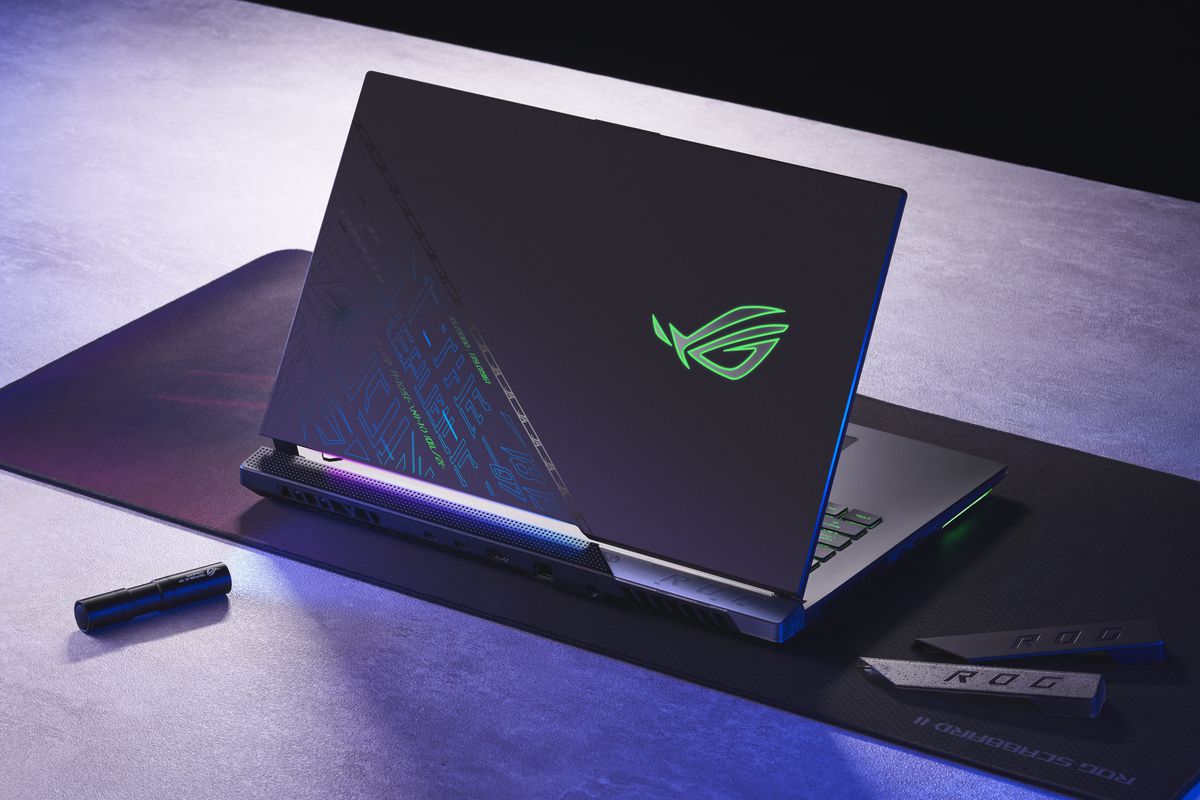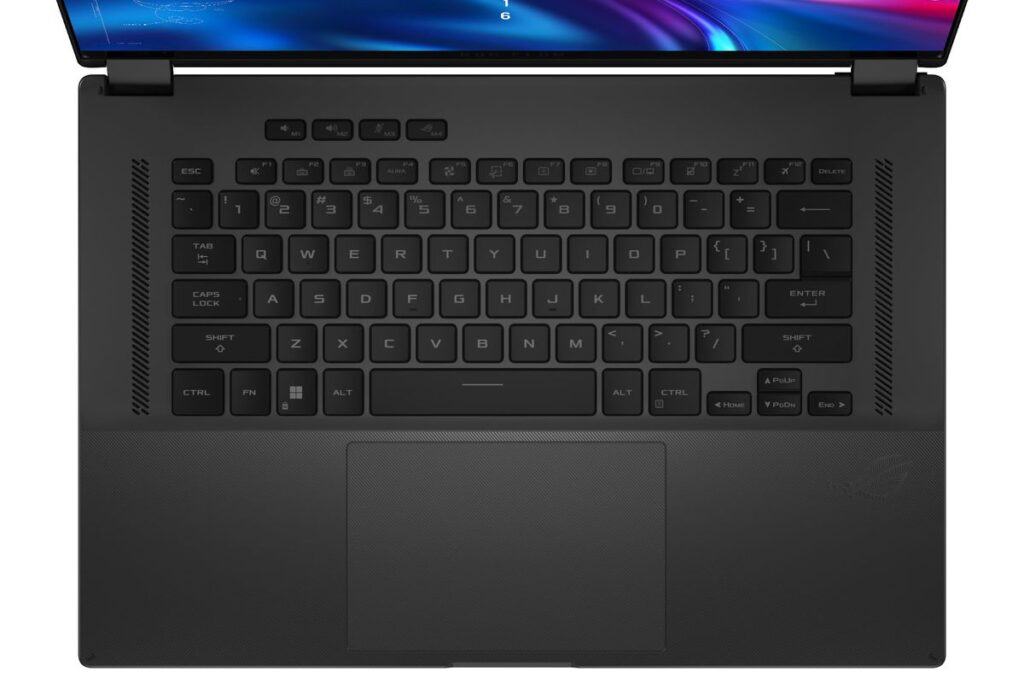Asus has added a 16-inch option to its clever (and generally good) ROG Flow lineup. It’s called the Flow X16, and it seems like a 2-in-1 beast for multimedia and even some high-end gaming. While the 13.4-inch X13 and Z13 tablets could do some gaming, they weren’t capable of playing games smoothly at high settings — at least not without the pricey, powerful XG Mobile external GPU-meets-docking station. The X16, on the other hand, seems like a solid gaming laptop in its own right given that it can be configured with up to AMD’s Ryzen 9 6900HS and Nvidia’s RTX 3070 Ti (100W maximum graphics power). It also supports up to 64GB of fast DDR5 RAM clocked at 4,800MHz.
There’s an option for a Mini LED glass-covered touchscreen that has up to 1,100 nits at peak brightness, 100 percent DCI-P3 gamut coverage, and support for VESA’s DisplayHDR 1000 standard. As if those specs weren’t impressive enough for a gaming laptop, this lineup can be equipped with QHD displays at 165Hz refresh rate and 512 dimming zones. The lineup sports 16:10 aspect ratio displays across the board, surrounded by slim bezels, yet there’s enough room for a 1080p Windows Hello webcam at the top of the display.
There aren’t many gaming laptops that sport a 360-degree hinge allowing for more versatility like the X16 does. It also stands out with its stylus support. This might be a model to look out for if you want something that’s relatively lightweight (it weighs about 4.4 pounds). The X16 also offers a bevy of ports, including one USB 4.0 Type-C port, two USB-A 3.2 Gen 2 ports, an HDMI 2.1 port, a headphone jack, and a microSD card slot. And, of course, it supports the proprietary XG Mobile eGPU dock in case you want to spend over $1,000 to get a portable version of either the RTX 3080 or the Radeon 6850M XT.
I tested the Flow Z13 with the 3080-equipped XG Mobile attached, and it does improve gaming performance. But, in addition to being pricey, having to carry around an eGPU kind of defeats the purpose of buying a portable machine. The price of the X16 is the key ingredient that’s missing from Asus’ announcement, but we’ll update this post once that information becomes available.

Asus has also announced a more tricked-out special edition of its Strix Scar 17 that has some surface-level design modifications as well as support for Intel’s 16-core Core i9 12900HX that tops out at 65W. Additionally, it supports up to Nvidia’s RTX 3080 Ti (175W of maximum graphics power). It seems much more powerful than the Strix Scar 17 that I recently reviewed. But this announcement seems like one for the Asus super fans.

